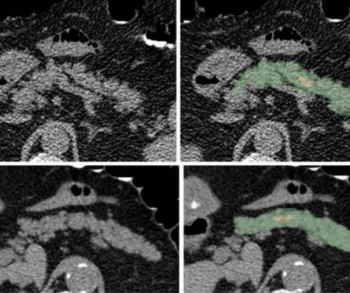
Employing a deep learning system for pancreatic segmentation, researchers found that intrapancreatic fat percentage and pancreatic fractal dimension were among the key predictors for type 2 diabetes mellitus in a multivariable analysis.

Employing a deep learning system for pancreatic segmentation, researchers found that intrapancreatic fat percentage and pancreatic fractal dimension were among the key predictors for type 2 diabetes mellitus in a multivariable analysis.
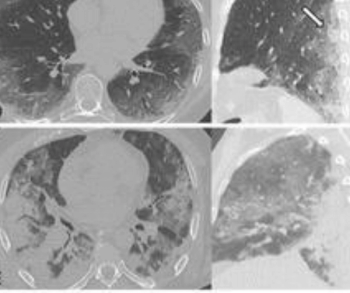
Multivariable analysis from a recently published study found that males and people older than 60 years of age were more prone to persistent abnormalities on chest computed tomography (CT) one year after COVID-19 pneumonia.
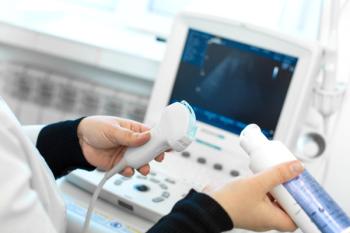
Preliminary ultrasound findings from a study of over 3,000 women in early pregnancy found no association between fetal anomalies and initial COVID-19 vaccination.

What is your diagnosis?
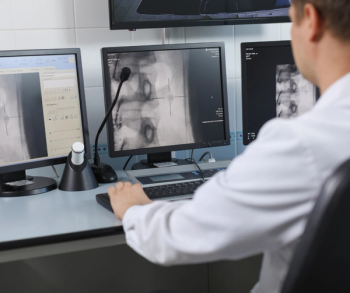
Artificial intelligence and other emerging technological advances may transform health-care certification, potentially improving access to best practice standards, increasing provider engagement, and bolstering collaboration.
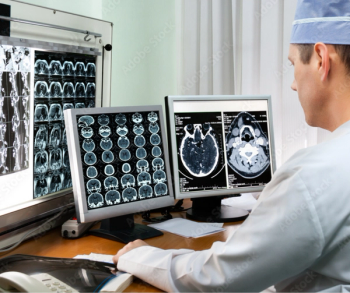
Does concern over productivity and RVUs prevent you from taking the time to address weaknesses and workflow inefficiencies?

Review top radiology content from the week.
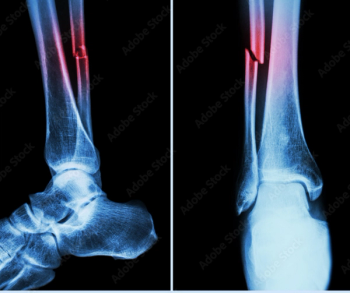
The authors of a new meta-analysis found no significant differences between clinicians and artificial intelligence in diagnosing fractures but conceded that slightly over half of the studies assessed had a high risk of potential bias.
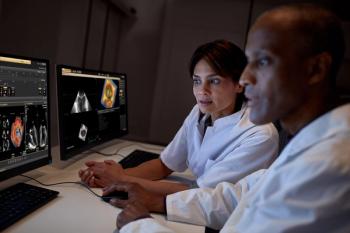
Powered by artificial intelligence, the new Ultrasound Workspace platform reportedly offers advanced echocardiography capabilities and facilitates enhanced diagnostic workflows.

What is your diagnosis?
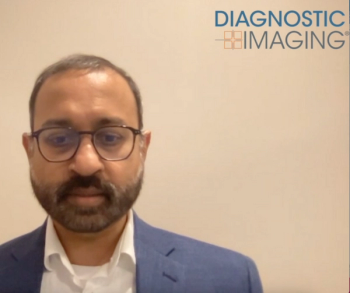
In a recent video interview, Syam Reddy, MD discussed the merits of computed tomography (CT) colonography, a non-invasive alternative to conventional colonoscopy, which may help reduce gaps in screening for colorectal cancer.
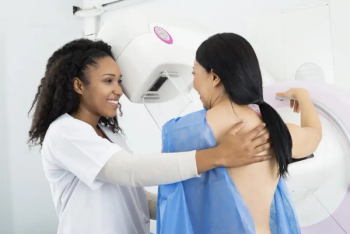
A closer look at the Canadian National Breast Screening Studies (CNBSS) has revealed key methodological flaws that may prohibit use of the findings in the development of future guidelines on mammography screening for breast cancer.

What is your diagnosis?
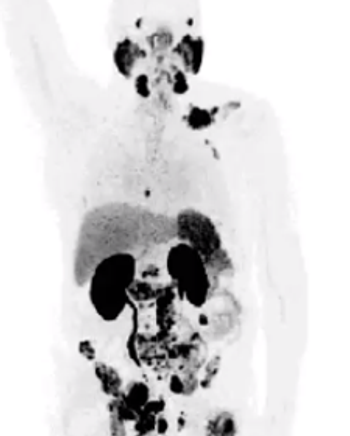
The combination of the imaging agent Locametz and the targeted radioligand therapy Pluvicto may allow targeted treatment and mortality risk reduction in patients with prostate cancer.

The combination of subtle persuasion and allowing a decision-maker to own your idea can be a useful strategy to help remedy workflow inefficiencies.
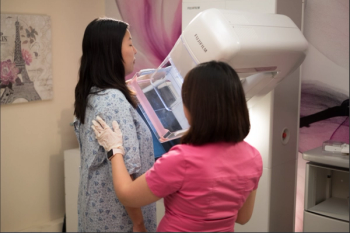
Discussing personal, practical and technological challenges that may thwart breast cancer screening, this author says increased sensitivity, advances in mammography imaging and creative awareness-raising alliances can make a difference in communities big and small.

What is your diagnosis?
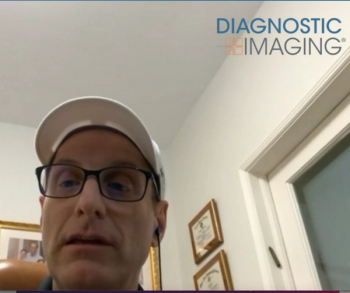
In a recent video interview, Kevin J. Abrams, MD, discussed highlights from the recent 25th Annual Symposium of the American Society of Spine Radiology (ASSR), including lectures on imaging for spontaneous intracranial hypotension, the emergence of dynamic susceptibility contrast for MR perfusion and insights on the use of dual-energy computed tomography (CT) for diagnosing vertebral fractures.
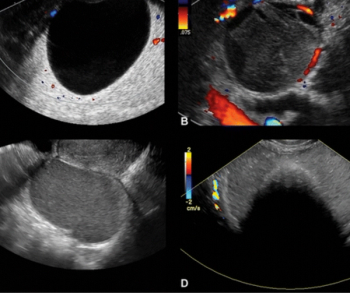
Distinguishing between classic and non-classic presentations of isolated adnexal lesions on pelvic ultrasound reportedly had a high specificity and sensitivity in diagnosing ovarian cancer in women at average risk.

What does the CT image reveal?

How advanced are we if we constantly settle for extra clicks, endless scrolling on multiphase contrast-enhanced scans and other pet peeves?
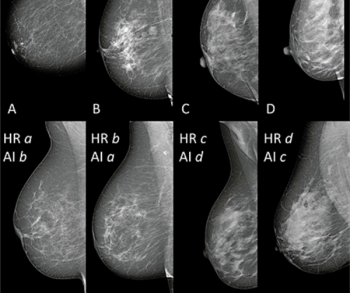
The artificial intelligence (AI) model reportedly had an 89.3 accuracy rate in differentiating between non-dense and dense breasts on mammography scans, and a 90.4 percent rate of agreement with human radiologist reviewers.
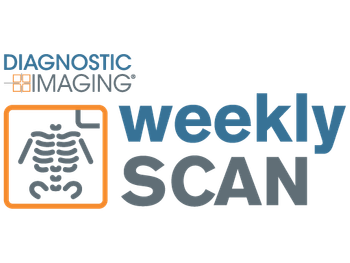
Review top radiology content from the week.
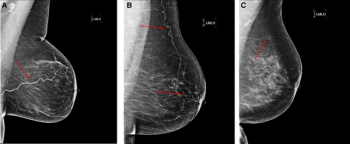
While breast arterial calcification is a common incidental finding on mammograms that is not routinely recommended for follow-up, statistically significant associations with cardiovascular risks may change that approach for postmenopausal women.

What is your diagnosis?
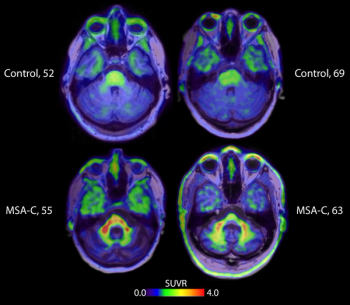
Emerging research suggests that an experimental alpha-synuclein (a-syn) positron emission tomography (PET) tracer may help diagnose multiple system atrophy (MSA) and potentially other neurodegenerative diseases such as Parkinson’s disease and Lewy body dementia.
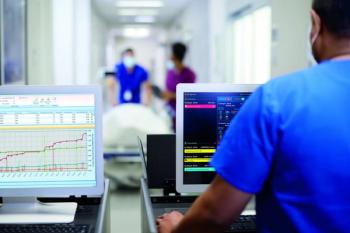
New additions to the Philips Capsule Surveillance software include improved integration with health information technology (HIT) systems and enhanced visibility of patient data across remote devices.
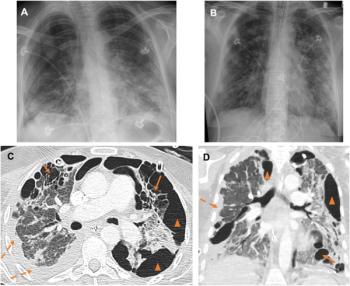
The retrospective study, which involved nearly 1,000 patients with COVID-19, found that a high initial chest radiograph severity score was an independent risk factor for intrathoracic complications.

What is your diagnosis?
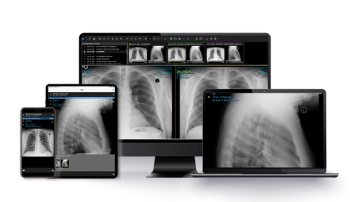
Offering a potential antidote to health-care silos that can hamper and delay care, the Enterprise Imaging and Informatics Suite may revamp image sharing and communication between providers.